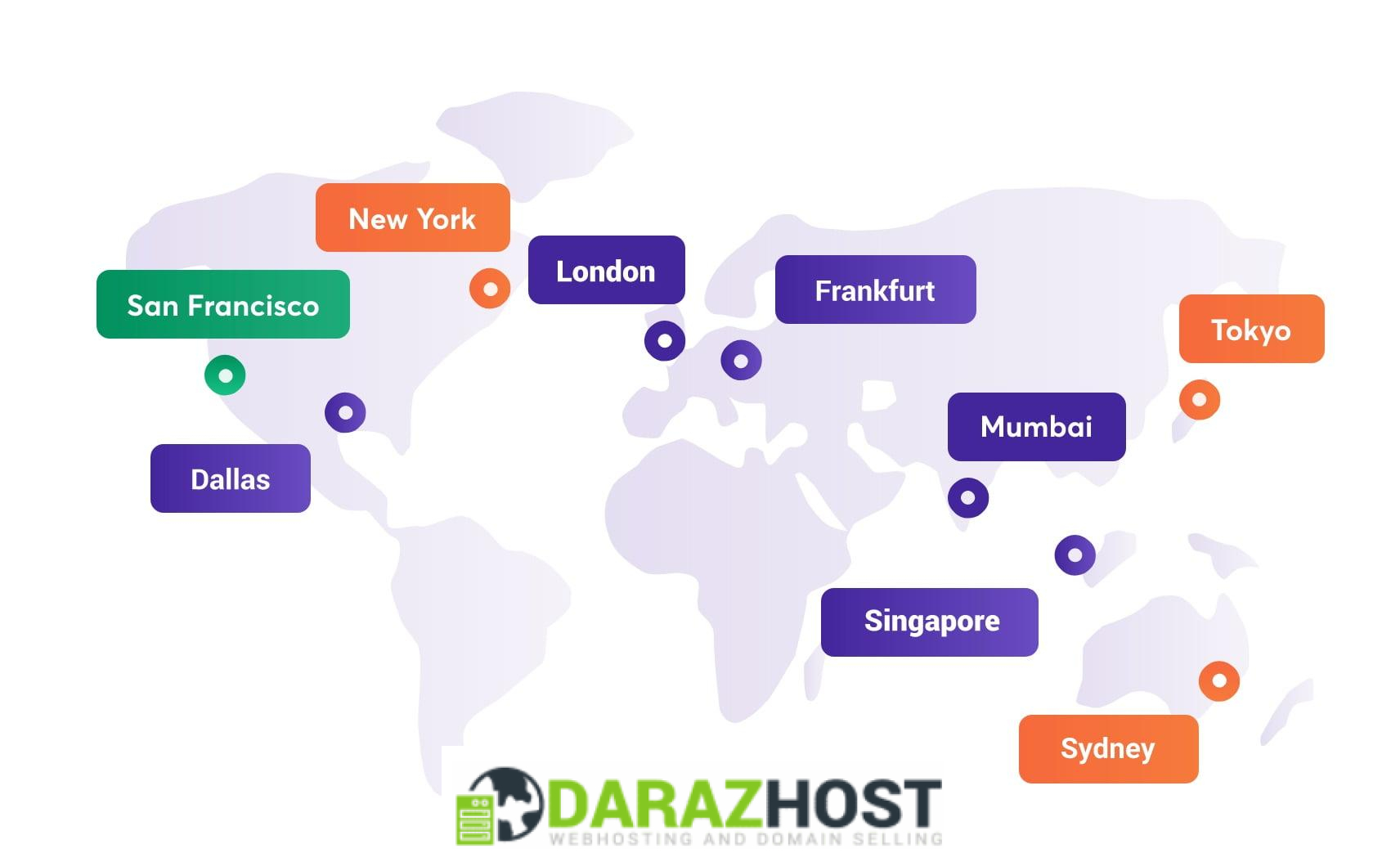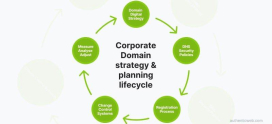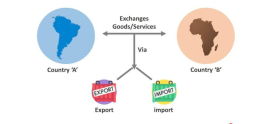
The Impact of Server Location on WordPress Site SEO

Are you struggling to make your WordPress site rank well in search engines? You’re not alone. Many website owners pour their hearts into creating stunning content but still find themselves lost in the vast ocean of the internet. One key factor that you might not have considered is the server location of your website. This element can significantly affect your site’s SEO performance, potentially influencing loading times, user experience, and even search engine rankings.
For many, diving into the technical side of SEO can feel daunting. You might be asking yourself—how can something as seemingly mundane as where my server is located impact my site’s visibility and performance? Don’t worry; you’re in the right place. In this article, we’ll break down the relationship between server location and WordPress site SEO in a way that’s easy to understand. Together, let’s navigate these waters and uncover practical tips that could help your site climb higher in search rankings.
So, grab your favorite beverage, make yourself comfortable, and let’s unravel the connection between server location and your WordPress SEO efforts.
Understanding Server Location
Before we delve into specifics, let’s clarify what server location means. Simply put, the server location is the physical place where your website’s files are stored. Just like a library houses books in a specific location, a server acts as the library of your website. This location can have a profound impact—more than you might think.
Why Does Server Location Matter?
Think of server location like a delivery route. Imagine ordering a book online. If the warehouse is close to you, the book arrives quickly. But if it’s across the country, it might take days to reach you. Similarly, a website hosted on a server close to your target audience will load faster for them, enhancing user experience.
Loading Speed and SEO
One of the most significant impacts of server location on SEO is related to loading speed. Google has made it clear that page speed is a crucial ranking factor. If your site takes too long to load, visitors will bounce, and search engines may lower your rankings because of it.
The Speed Factor
Studies reveal that users expect a site to load in under three seconds. If your server is located far from your user base, it can increase load times and frustrate visitors. To keep your site speedy, aim to choose a server closer to where most of your audience resides.
How to Measure Loading Speed?
Tools like Google PageSpeed Insights and GTmetrix can provide insights into your site’s loading speed and highlight areas for improvement. They help you visualize how server location plays into your site’s performance. These tools can also offer recommendations tailored to your needs.
Impact on User Experience
Beyond loading speeds, server location has a direct impact on user experience—a critical component of SEO. A seamless experience will inspire users to engage more with your content and spend more time on your site.
Geo-targeting and Customization
Server location can also play a role in geo-targeting. For example, if your server is in the US, users in Europe might experience sluggish performance. Local hosting can provide a more responsive user experience, facilitating content customization based on the audience’s geographical location.
Effects on Bounce Rate
A higher bounce rate can negatively impact your site’s SEO. If visitors don’t find what they need quickly, they’ll leave. By ensuring your server is strategically located, you can keep bounce rates low and user engagement high. This combination of factors tells search engines that your content is valuable, further boosting your rankings.
Content Delivery Networks (CDNs)
If server location poses challenges, there’s good news! Content Delivery Networks (CDNs) can help mitigate these issues. A CDN uses multiple servers worldwide to deliver content closer to users, improving loading time regardless of their location.
Benefits of Using a CDN
- Improved Loading Speed: CDNs cache content on servers closer to visitors, ensuring swift load times.
- Increased Site Reliability: Spreading content across multiple servers can reduce downtime.
- Enhanced Security: Many CDNs include security features that protect against attacks.
Choosing the Right Hosting Provider
When it comes to selecting a web hosting provider, consider not just the cost and features but also the server’s physical location. Quality providers, such as DarazHost, offer various options tailored to different audiences.
Key Factors to Consider
- Server Locations: Choose a host with servers strategically located near your primary audience.
- Reputation and Reviews: Research the hosting provider’s history for performance metrics.
- Customer Support: Ensure that you have reliable customer support in case issues arise.
The Role of SSL Certificates
In today’s digital landscape, security is another consideration tied to server location. Google prioritizes sites with SSL certificates, which help protect user data. Knowing that your site is secure can enhance user trust and engagement.
Enhancing SEO with SSL
Search engines favor secure sites, which means having an SSL certificate can help you rank better. If you’re considering where to host, ensure the provider offers SSL as part of its package, or be ready to pay extra for it. A well-secured site not only builds user confidence but also increases your site’s visibility.
Mobile Optimization and Server Location
With the growing number of mobile users, ensuring your website is mobile-friendly is paramount. Server location can influence mobile site performance too. If your server is far away from the mobile users, loading times can increase, leading to poor user experience.
Does Server Location Affect Mobile SEO?
Yes, it does! If your target audience predominantly uses mobile devices, you need a hosting solution that provides quick access to that demographic. It’s essential to assess your website’s performance on mobile devices continually and adjust your hosting choices accordingly.
Analytics and Monitoring Tools
Monitoring your website’s performance can arm you with the knowledge to make better hosting choices. Regularly analyzing loading speeds, bounce rates, and user experiences can provide valuable insights into how server location affects your SEO.
Using the Right Tools
Several analytics tools, including Google Analytics and SEMrush, can track these metrics for you. By understanding where your traffic is coming from and how well your site performs, you can make informed decisions regarding server locations and necessary optimizations.
Conclusion: Take Control of Your SEO
Understanding the impact of server location on your WordPress site’s SEO is critical for boosting your online presence. By focusing on loading speeds, user experience, and the right hosting partner, you can create a solid foundation for your site. Remember, while server location is just one component of SEO, it can have ripple effects throughout your website’s performance.
Have you taken the time to evaluate your current server’s location? If not, now might be the perfect opportunity. Reassess your hosting solutions and think about integrating a CDN or switching to a more strategic hosting provider like DarazHost. Don’t let server location hold your website back—take charge of your SEO destiny today!
FAQs
Does server location really affect SEO?
Yes, server location can significantly impact SEO by influencing loading times and user experience, both of which are crucial ranking factors.
What is a good loading speed for a website?
Generally, a loading speed of under three seconds is ideal. Any longer can increase bounce rates and negatively impact your SEO.
How can a CDN help my website?
A CDN improves loading speeds by caching content on servers close to users, increasing reliability and security.
What factors should I consider when choosing a hosting provider?
Consider server location, reputation, customer support, and whether they provide necessary features such as SSL certificates.
Does SSL impact my site’s SEO?
Yes, having an SSL certificate helps increase trust, security, and can positively influence your site’s rankings on search engines.
How does server location affect mobile users?
Server location influences loading times on mobile devices; a server closer to mobile users can lead to faster access and a better user experience.
What analytics tools can help me monitor server performance?
Tools like Google Analytics, SEMrush, and GTmetrix are excellent for tracking your website’s performance, including loading times and user engagement metrics.









